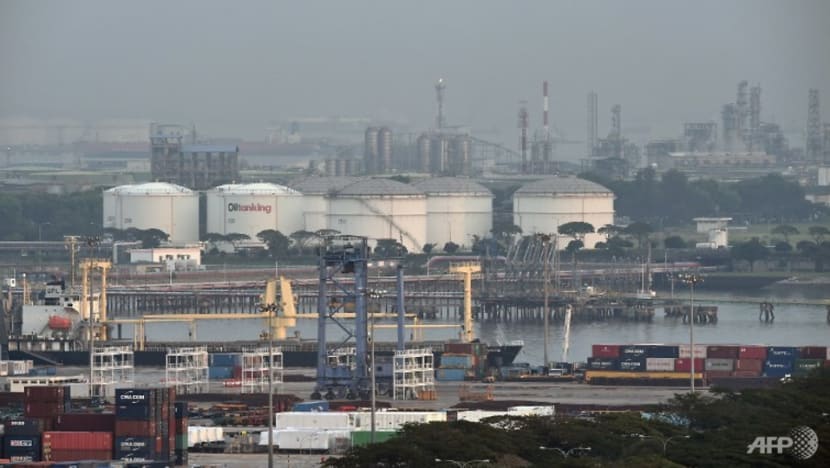Emissions standards proposed for power generation companies in Singapore

SINGAPORE: Green standards could soon be introduced for power generation companies, as the country looks to decarbonise its energy sector and reduce its carbon footprint.
Under proposed changes to the Electricity Act, the Energy Market Authority (EMA) will be able to implement standards and policies which could require the companies to reduce the amount of greenhouse gas emissions they produce, and spur the use of more energy and carbon-efficient technologies.
The draft legislation could help to cut emissions for the fossil fuel-reliant country - natural gas supplies more than 95 per cent of its energy needs - as it explores emerging low-carbon alternatives such as hydrogen.
It complements existing incentive schemes such as a grant for power generation companies to improve the energy efficiency of their units and to shift towards cleaner and more efficient modes of power generation.
On Friday (Aug 27), EMA and the Ministry of Trade and Industry (MTI) launched a three-week-long public consultation to seek feedback on proposed amendments to Singapore’s energy legislation. They include the Energy Market Authority of Singapore Act, Electricity Act and Gas Act.
The amendments are set out under the Energy (Resilience Measures and Miscellaneous Amendments) Bill, which will enable EMA to implement the country’s energy transition, while ensuring the sustainability, security, and reliability of the power sector.
Among the proposed changes, the bill seeks to authorise EMA to acquire, build, own as well as operate critical infrastructure.
It comes as the pandemic and transition to cleaner energy sources such as solar and electricity imports dampen investors’ appetite for the building of new generation capacity.
The draft legislation will allow EMA to build and operate power sector infrastructure if the private market fails to do so, in order to ensure sufficient and reliable electricity supply during the energy transition.
It will also allow the authority to raise capital or issue bonds for infrastructure to finance the construction of these critical infrastructure when necessary.
Other amendments include enhancing the protection of critical electricity and gas infrastructure by making it an offence to damage protective infrastructure housing cables or pipelines such as cable tunnels.















